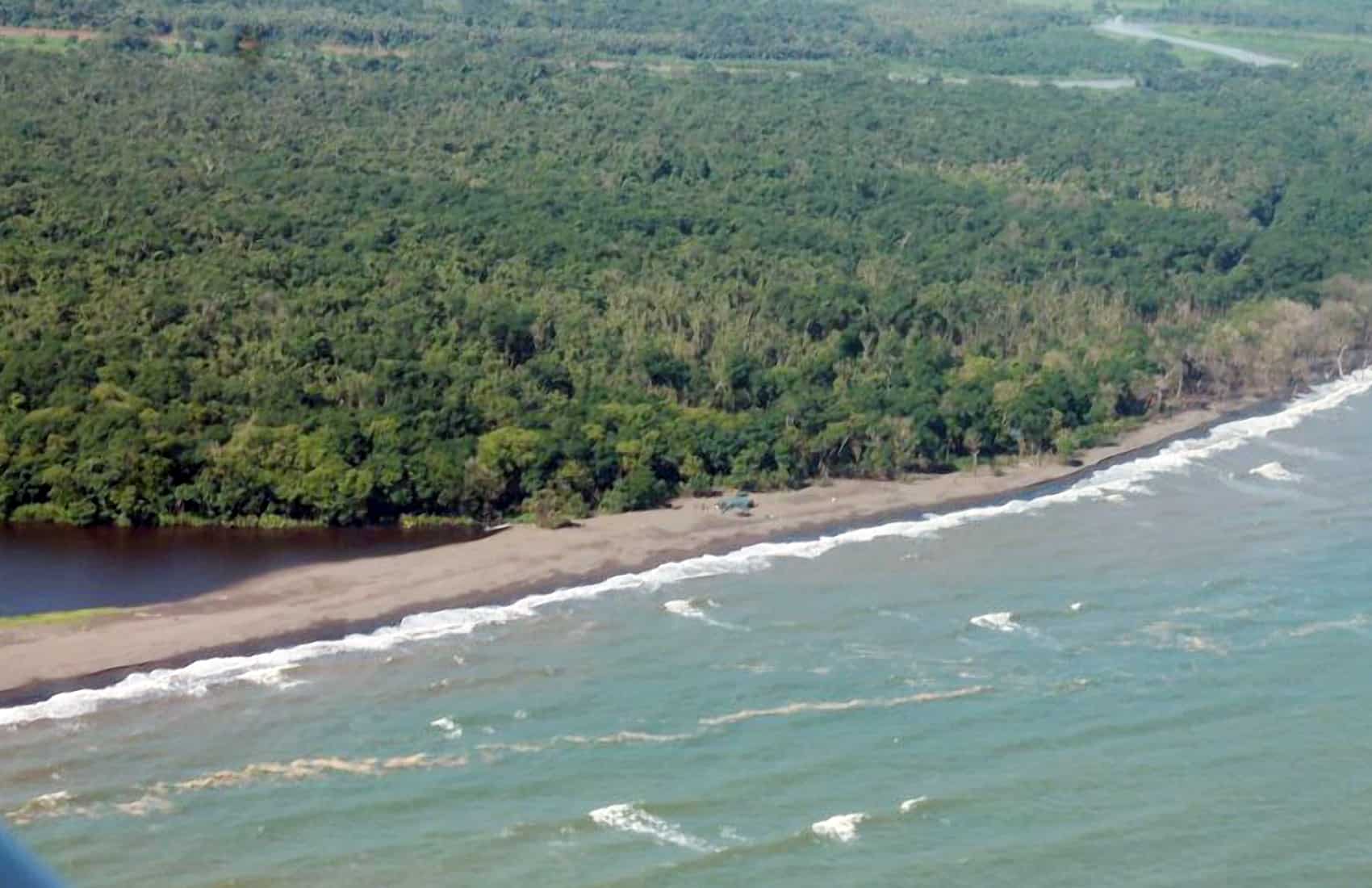The International Court of Justice (ICJ) at The Hague ruled Friday that Costa Rica owns the north side of Isla Portillo and that Nicaragua must end its military presence in the area.
The ruling also determined the marine borders between the two countries.
“By establishing a military camp in Costa Rican territory, Nicaragua violated Costa Rica’s sovereignty,” the UN court ruled in an unanimous decision.
The court also ordered Nicaragua to pay Costa Rica $380,000 as compensation for environmental damage to protected wetlands on the San Juan River, which lies on the border between the Central American nations.
This figure was well below the $6.7 million demanded by Costa Rica for the harm done to the area.
“The court concludes that the total amount of compensation to be awarded to Costa Rica is $378,890.59,” stated Judge Abdulqawi Ahmed Yusuf.
Managua has until April 2 to pay the amount, after which it will incur a higher rate of interest, the judge said in the Court’s firs-ever compensation ruling for environmental damage.
Nicaraguan ambassador Carlos Argüello said his country was pleased with the outcome.
“We consider this to be a fair assessment of the court,” he told AFP. “From the outset, President [Daniel] Ortega had stated that Nicaragua was willing to compensate was fair and reasonable, but Costa Rica’s proposal, Costa Rica’s request, was quite exaggerated,” Argüello said.
The dispute centers on a tract of land known in Costa Rica as Isla Portillos and in Nicaragua as Harbour Head, a biological preserve lying in a border area long disputed by the two countries.
The compensation ruling came more than two years after the ICJ found that Costa Rica had sovereignty over the area, basing its ruling in part on an 1858 treaty between the two countries.
The ICJ said Nicaragua had violated its neighbor’s territory in 2010 by sending a small military contingent to set up an outpost there.
It also undertook dredging in the San Juan river and excavated three canals in the sensitive wetlands area.
String of disputes
In December 2015, the court reproached Nicaragua for violating Costa Rica’s right to navigation in the waters and ordered the two countries to negotiate an amount of compensation.
But the neighbors failed to reach a deal, so the issue trundled back to the ICJ so judges could set the compensation amount.
The case is one of several disputes between the two countries that have ping-ponged back and forth at the UN’s highest court, which was set up in 1945 to rule on border and territorial disputes between nations.
The two countries first held negotiations in 1976 to try to reach an agreement on the border that broadly follows the San Juan river, but talks have dragged on.
The case was first lodged with the ICJ in 2014, when Costa Rica maintained it had “exhausted its diplomatic means” to resolve the row.

